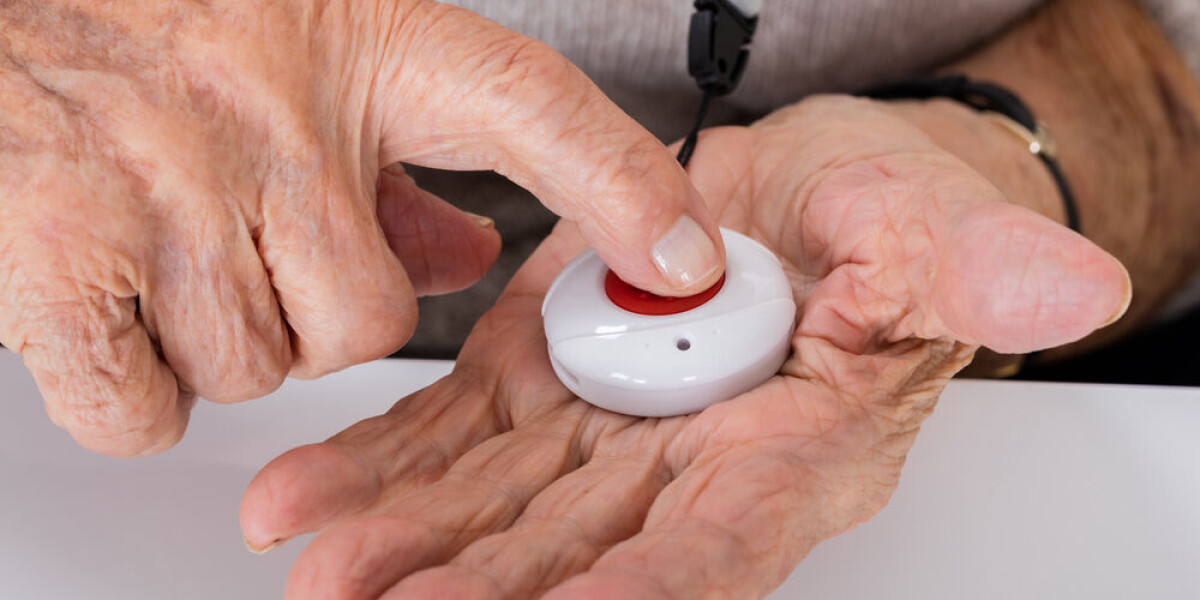
What are options for older people and ‘wearable’ alarms in france?
- Select a language for the TTS:
- UK English Female
- UK English Male
- US English Female
- US English Male
- Australian Female
- Australian Male
- Language selected: (auto detect) - EN
Play all audios:

THESE ALARMS CONNECT TO A HELPER WHEN USED Reader Question: Are there services offering a wearable alarm to contact emergency services in case of a fall or illness? Personal alert systems –
or téléassistance devices – are indeed available to purchase in France. A number of private companies offer these services which can come in the form of bracelets or devices with a button
that can be pressed in case of a medical emergency or fall. Some of these also incorporate an automatic fall detector. High-end installations can also include heat and movement sensors for
a person’s home. In the event of the emergency button being pressed – or other signs the person is not well – the person is connected to a helper at the service’s call centre. Microphones
will either be installed inside the home or as part of the wearable device itself. This allows the helper to check if the person is really in need, then contact friends / family detailed on
their file or the emergency services if required. The call centres are open 24/7, 365 days a year, meaning someone will always be available for the person wearing the alarm. Read more:
Long-term health patients fear reimbursement reforms in France WHO RUNS PERSONAL HEALTH ALARM SERVICES AND HOW ARE THEY ACCESSED? There is an online government page which explains how
téléassistance services work in France. They are usually sold by private companies. However, some mairies and local councils run such services as do La Poste. Local information services for
the elderly should be able to advise on services in your area. Click here and choose Annuaire des points d’information. Enter your postcode and a radius around your home in which to search.
A one-off installation cost is followed by a monthly subscription fee to pay for the service, which can vary in price depending on its complexity. La Poste’s service starts from €23.90 per
month, rising to €30.80 if including an automatic fall detector. An additional extra sees a postal worker regularly check-in on the person. Read more: ‘Clothes cabins’, checks on older
people: La Poste is diversifying For high-end services these costs can more than double, although it depends on the exact device or installation. IS THERE HELP WITH PAYING THESE COSTS? The
cost of some téléassitance services can be reduced, however, through Service à la personne income tax credits, although be aware that not all such services qualify. You should ask the
provider and can also use the directory at this link to identify qualifying services. To claim enter the sums you have paid in a given year on your annual French tax return, box 7DB. 50% of
the cost is deductible from your income tax bill (or a payment from the tax service is made if your tax liability is too low), up to a ceiling of €12,000 per year (for the most recent tax
year). If you receive the allocation personnalisée d'autonomie (APA) benefit, speak to your departmental council, as help for téléassistance services can be factored into the amount of
this benefit. Read more: French benefit explainer: Apa, help to stay independent in older age Some mairies and departmental councils also offer other financial help towards these services.
Some only pay towards the service times of the year deemed higher risk, or for those receiving specific benefits. Some pension funds and top-up insurance (mutuelles) also help pay some of
these costs. Read more: What aid or help groups exist in France to cope with a new disability?
